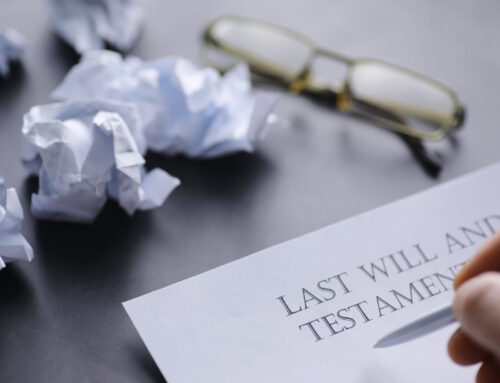
Some people do not wish to disclose copies of their estate planning documents to members of the family in order to avoid conflicts or someone putting pressure on the creator. But who should know?
After Creating the Plan
While it is okay to not provide anyone with copies of documents, there should be at least one or two people in the family who know where they can find the documents after you pass away. Usually, the first person to know is also the person who is named the executor in the will or the successor trustee in the trust. Letting them know that an estate plan exists gives them notice on what steps should be taken after you pass away.
If you do not want them to have copies of the documents themselves, it is enough to give them contact information for the attorney or other professional individual who might have copies of those documents. In addition, it is possible to deposit your last will and testament with the probate court in the county you reside so that the original is already with the court and no one is responsible for finding it before the estate can be filed.
Note, however, that if you end up changing or amending your will before death, you need to ensure that the original on file with the court is the most up to date document.
After Death
While the documents do not need to be disclosed before you pass away, beneficiaries will have the right to see them after your death. Because the documents become irrevocable, meaning they cannot be changed after your death, those entitled to inheritance as your next of kin can review the documents, even if they are disinherited within them. They still have the right to see a copy of the documents and seek legal counsel to interpret and evaluate the documents.
We Can Help
Having an estate plan that is drafted clearly and without ambiguity will help avoid family conflicts after your death. Call Sobon Law, LLC today at (216) 586-4246, to find out how we can help you create your estate plan!



